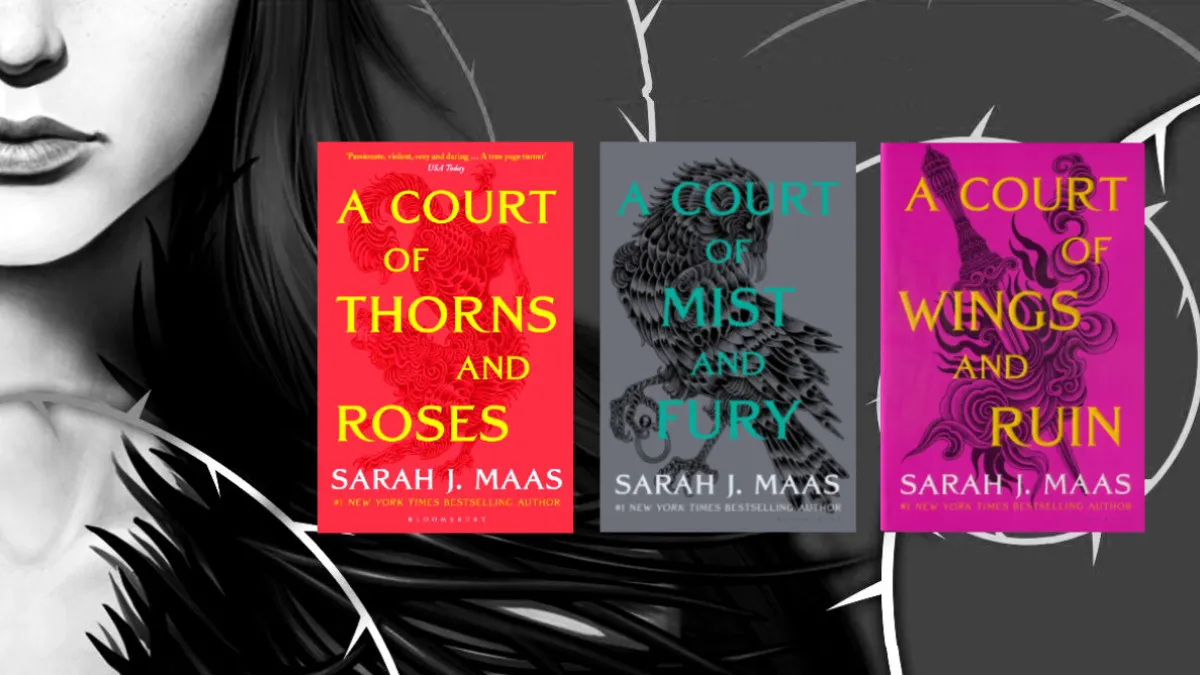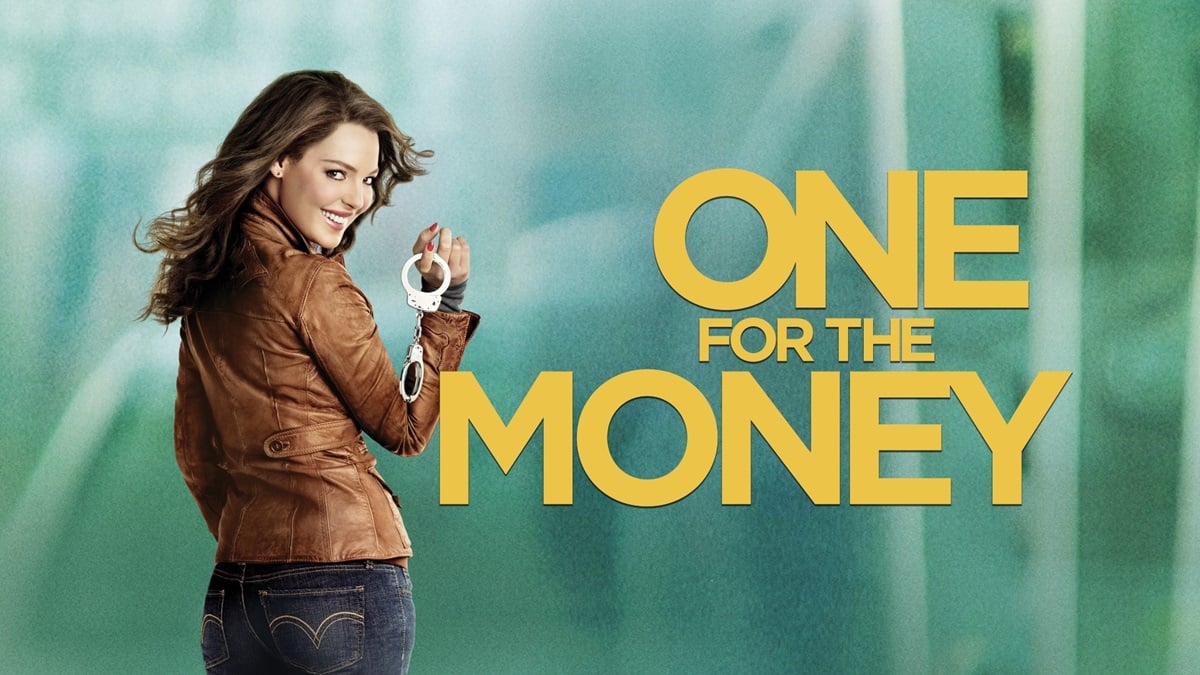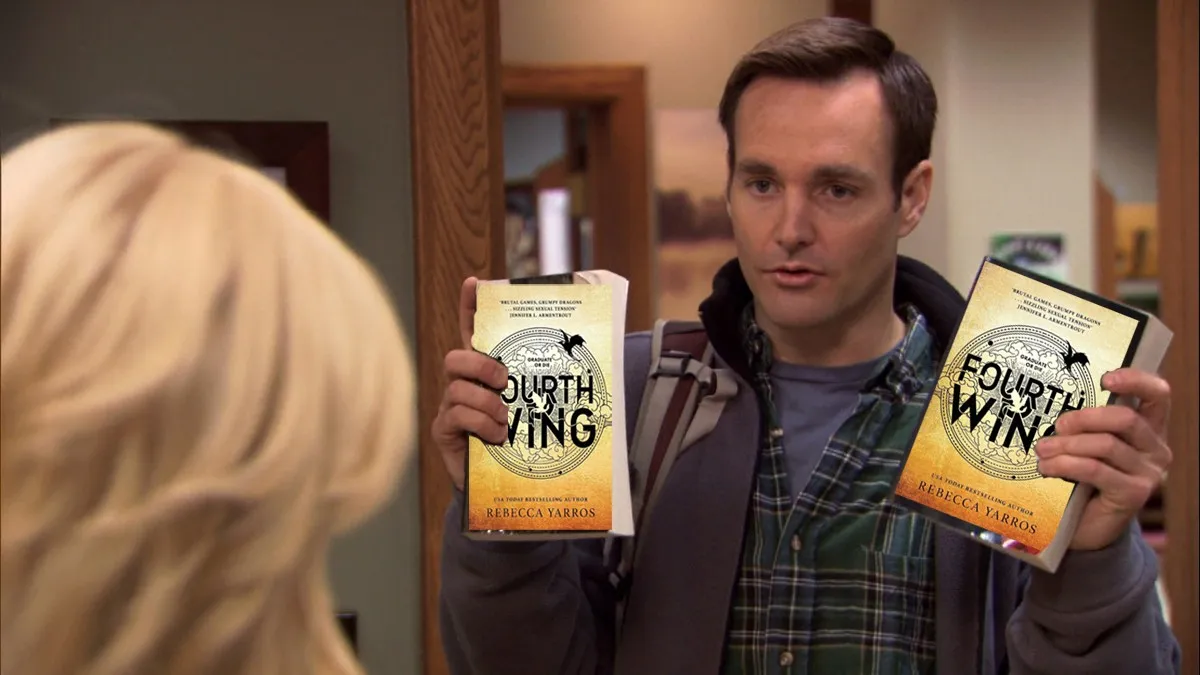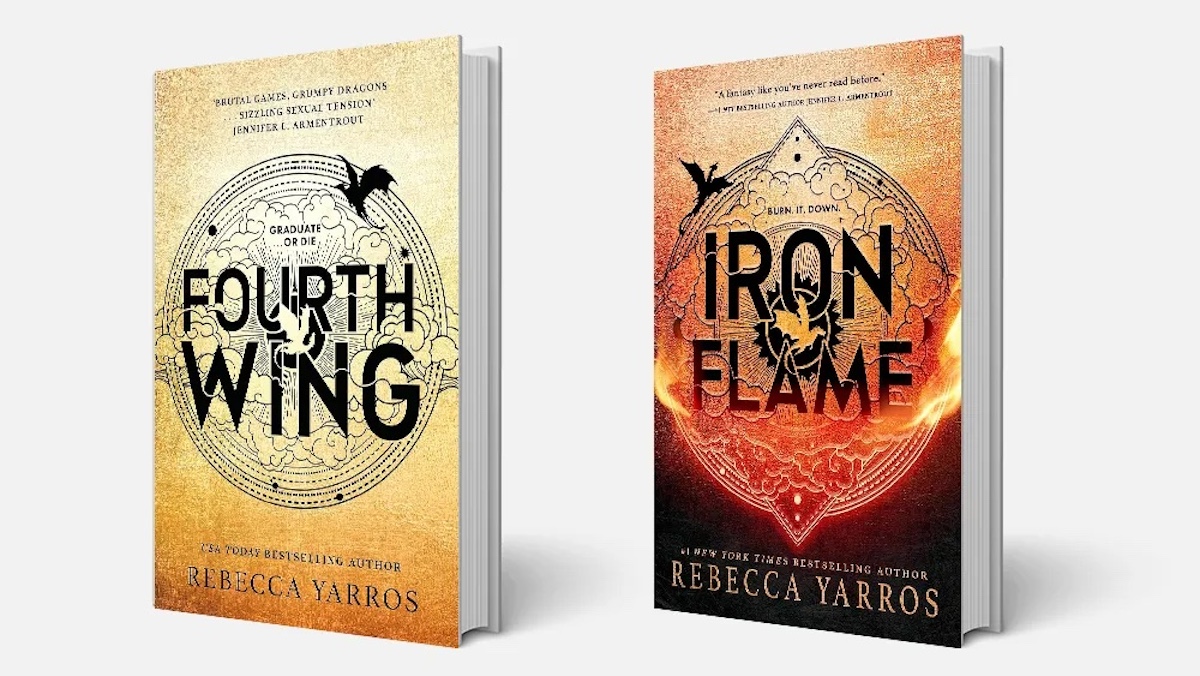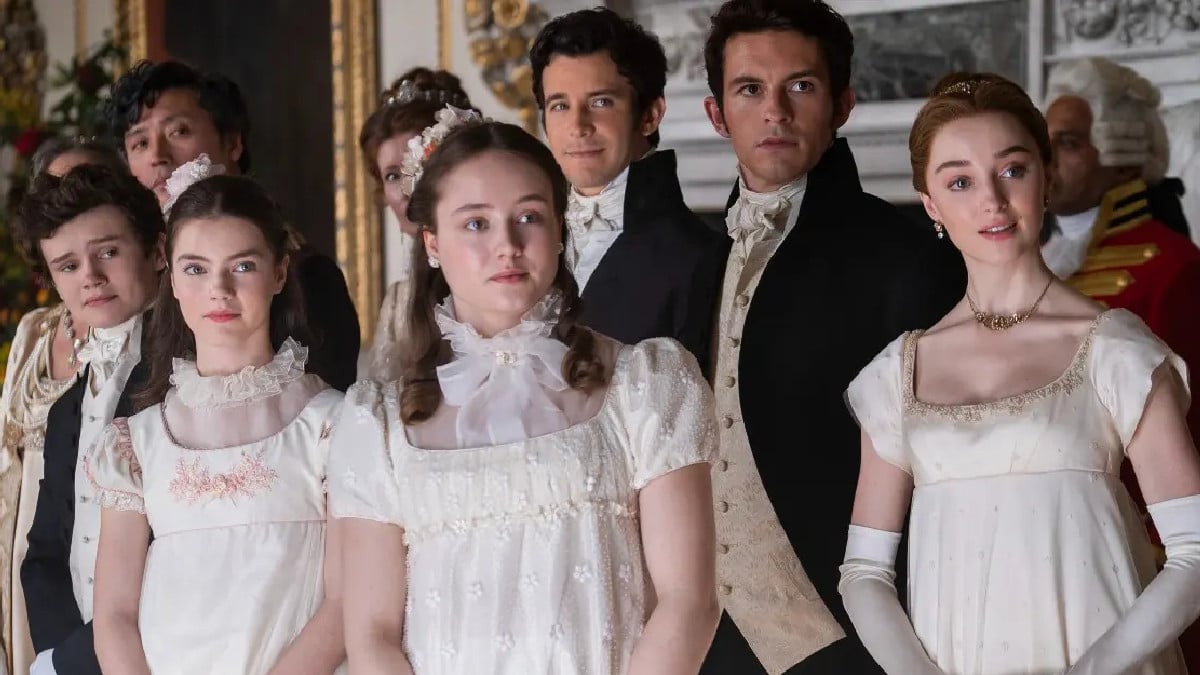Earlier this month, in a weekend of terrible book news (that included the sale of yet another Nazi romance), came Cora Reilly’s third book blurb in the Sins of the Fathers series, A Touch of Fate. In traditional publishing, an author can’t control book blurbs. However, this particular novel is one of a series of self-published mafia romance books, so there is no excuse for this or the initial response by the author.
Content Warning: Ableist slurs.
Since a car accident as a child, Emma Mancini is bound to a wheelchair. In a society that values its women for their beauty, she’s seen as damaged and undesirable. When one of the most sought-after bachelors of the Chicago Outfit agrees to marry her, she knows a deal between their families must be the reason. Her suspicions are confirmed when Samuel treats their bond as a tiresome duty.
Samuel Mione is crippled by guilt and bitterness. As a future Underboss of the Chicago Outfit, he doesn’t have time to take care of anyone, much less open up to them emotionally. For him, the bond to a woman like Emma means another unwanted obligation.
But Emma isn’t someone who resigns herself to her fate. She’s overcome greater obstacles than a cold husband, and is determined to show him that she isn’t the burden he fears.
While many of her fans were quick to come to her defense and dismiss the criticism as upset “snowflakes on Twitter and BookTok,” others spoke out about how harmful this blurb and premise was.
Language & plot
Setting aside the issues with the premise itself for a minute, let’s address specific words and phrases in the blurb (and probably in the novel). The story is about a woman in a wheelchair, yet Reilly uses ableist language to describe the male lead’s issues. Using “crippled” is already ableist but veers into slur territory because of Reilly’s attempt to use it for cheeky wordplay that comes off as very disrespectful and dehumanizing.
Speaking of wheelchair use, individuals might prefer person-first versus identity-first language. (In this case, it’d be “person with wheelchair” versus “wheelchair user.”) However, in no situation is it okay to say someone is “bound to” a mobility device. For many people with physical disabilities, these devices serve as a method of independence and freedom, and saying “bound” implies the opposite.
The plot itself (by my account, but more importantly, by the voices of disability activists) is inherently ableist. This is clear in the last line and motivation of Emma. The goal of the character with a disability is to prove she’s not the burden on the non-disabled man. Within the story (based on her response to the criticism), Reilly could subvert this concept. Still, I think it takes understanding and engaging with the community she’s trying to represent first (like sensitivity readers), especially considering Emma’s disability is central to the story.
Reilly addresses criticism
At least two different posts from the author seem to address the book’s criticism. In the first image on Instagram from Reilly addressing the controversy, Reilly essentially notes that she tried her best to show the social issues faced by people with disabilities, acknowledges the novel would be better with a sensitive reader, and says the book is on hiatus. (She might have addressed it before that, but it’s hard to tell as Reilly scrubs posts about A Touch of Fate across her social media accounts.)
The apology continues in the comments, but the comments aren’t viewable at the moment on this post or those that followed. Reilly appears to think that much of the criticism comes from the ableist language in the book and says that she has to show the realistic horrors to not “sugarcoat” it. While I’m just one person and not in her DMs, I haven’t seen that complaint anywhere. Every complaint I’ve seen from those taking an issue with Reilly’s book lies in the ableist language in the blurb—which is bad no matter how the book handles it—and premise of the novel.
If @BornInOutfitPic’s screenshot on Twitter contains the bits within the comments, then this apology goes from sour to straight-up toxic very quickly. There, people point out how Reilly is centering herself in the backlash by mentioning (weaponizing) her tears and her desire to represent the disabled community despite her assertion that “writing diverse still means a huge FINANCIAL risk.” Are those with a disability supposed to be thanking her here? This statement is wholly unnecessary. She acts as if her “risk” of inclusion is more of a risk than those with a disability choosing to write people like themselves.
Clarification and book updates
In a followup post, Reilly expressed gratitude to her readers, begged that they don’t start a “witch hunt,” and clarified that she would be moving forward with the book in the future with the help of sensitivity readers.
Despite her ending by saying, “[L]et’s try to make the book world a safe place again,” the book world at large remains an uninviting space for marginalized communities unless they have the time, funds, and community support to carve out room. The existence of other books and stories like this, to the point that it’s a whole trope, shows that even for the people most affected by this controversy, books were never fully a safe place.
Moving forward
If a non-disabled writer wants to include disability representation in their mafia fiction and address issues of ableism, that is one thing. However, if Reilly intends to do better, she really needs to listen. Maybe I’m naive because I’m not from this group (and see myself in her struggles to address ableism), but reading Reilly’s second reply seems like she understands this is the right thing to do but is having trouble getting over herself. I can’t get behind this last bit, especially when I see these same issues in discussions of racism, transphobia, and more.
To write on a marginalized experience in a way that fosters understanding and doesn’t actively harm people is a challenging task. This is even more difficult when you are not in that group. This task will be difficult as a writer because she already has a ride-or-die fanbase (see GoodReads) that just wants another book.
Not everyone will want to hold her hand gently and tell her why something is problematic because, realistically, that’s free emotional labor (on top of dealing with the real-life and death consequences of ableism in their daily lives). Instead, Reilly must take the time to learn via reading about disability from those in the community and contracting sensitivity readers.
(via Twitter, image: Marcus Aurelius from Pexels)
—The Mary Sue has a strict comment policy that forbids, but is not limited to, personal insults toward anyone, hate speech, and trolling.—




